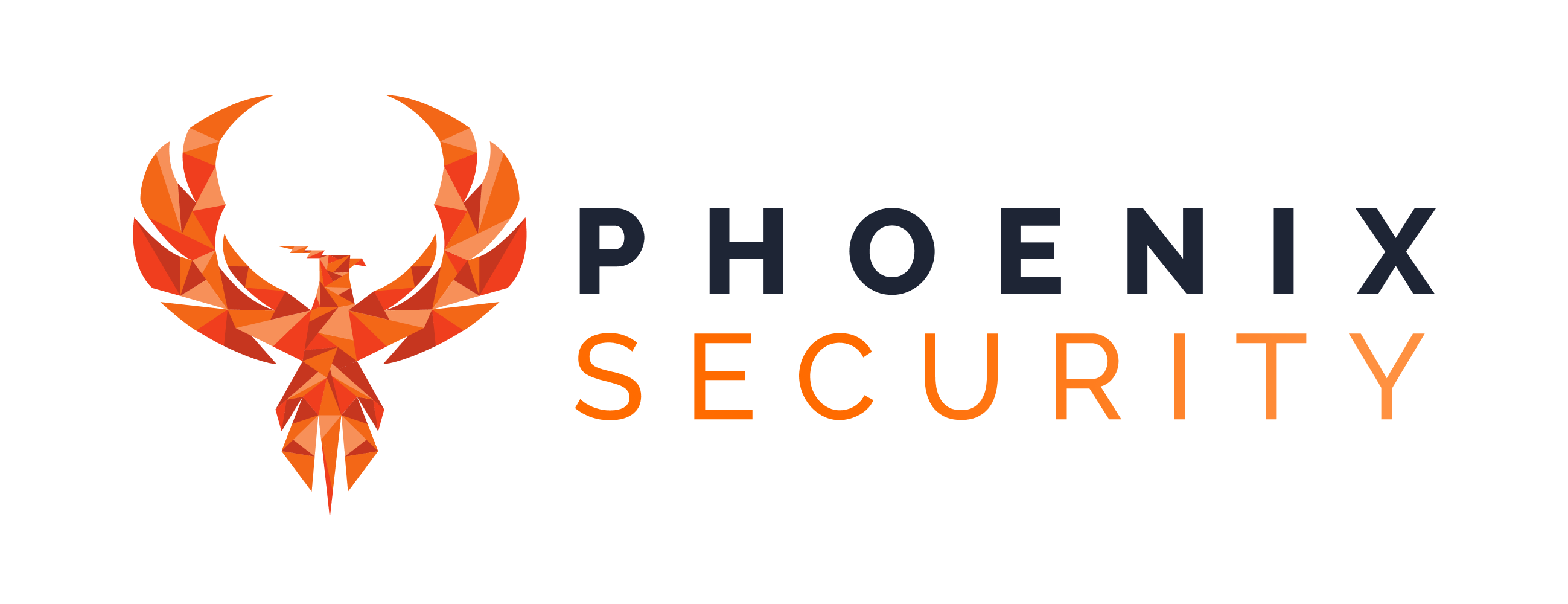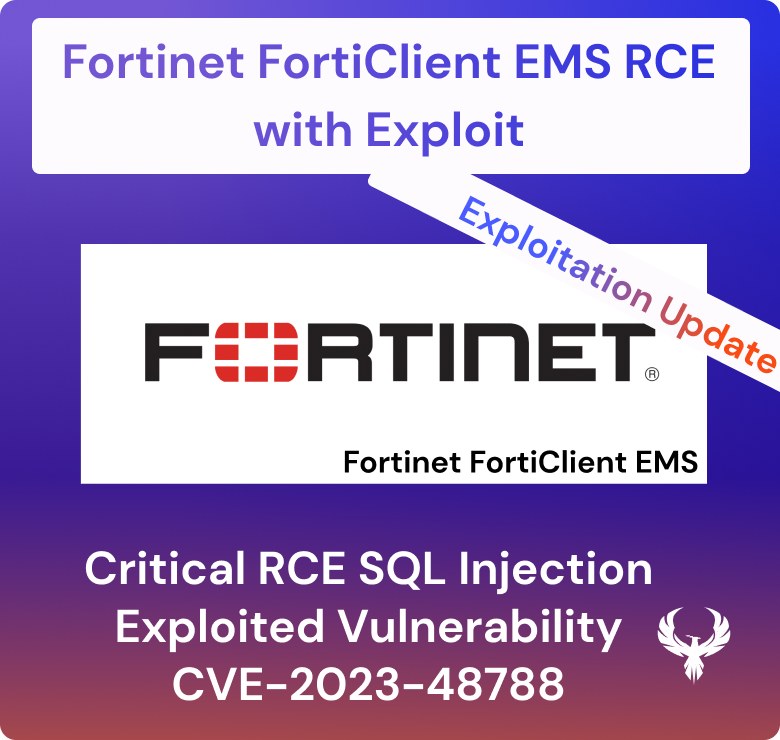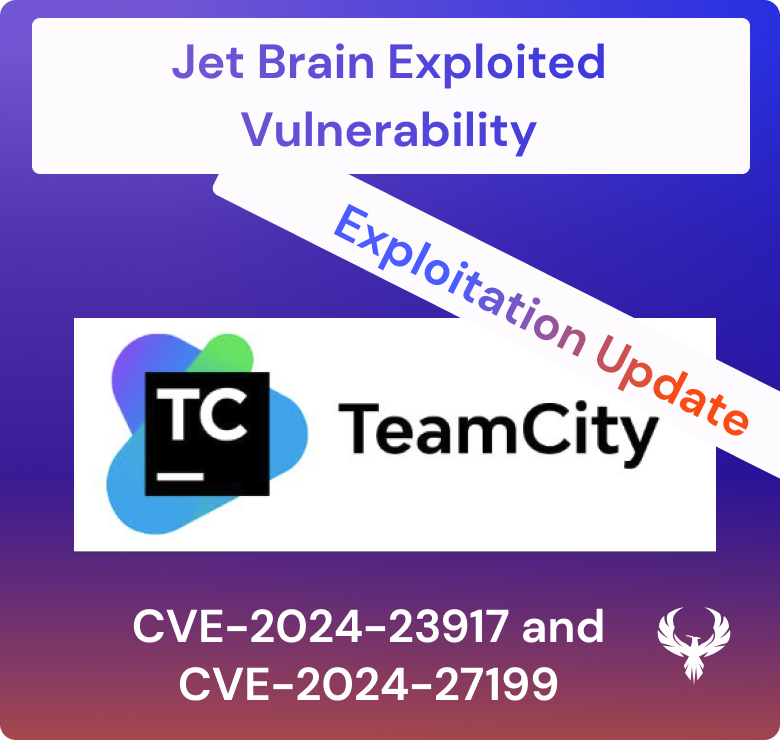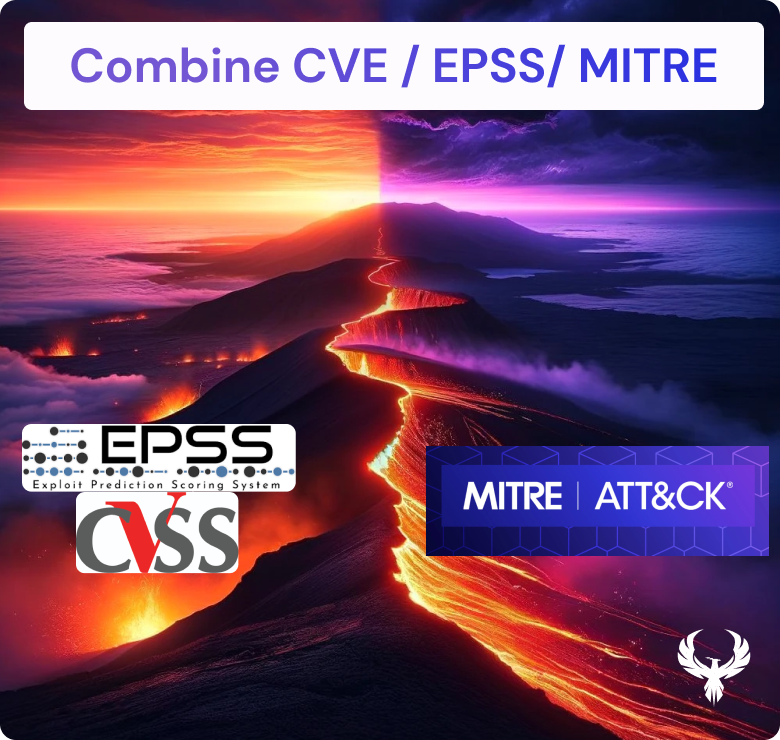AppSec Phoenix, the leader in ASOC, pioneering the cloud security and application security relationship, was selected amongst thousands of startups and the only one in cybersecurity as a finalist for the prestigious world communication awards.

For the past 24 years, the World Communication Awards have recognised innovation and excellence for global telecoms and today continue to be the most revered mark of achievement in the industry.
The awards have evolved to recognise major trends and technologies, with categories revised yearly to ensure their ongoing relevance to the rapidly evolving communications ecosystem.
The instantly recognisable sail trophy can be found in the offices of many of the world’s leading telcos and is held in such high esteem due to the transparency and rigour of our judging process that ensures that every organisation that makes the shortlist or wins awards is truly world-class.
A critical paradigm shift for exposure managment is to drive new innovation and bring risk into the mix of cybersecurity and devsecops. Risk and a proactive approach enable security and development team evolution from reactive devsecops into a risk management approach,” says Francesco Cipollone CEO and founder of AppSec Phoenix “Engaging on a risk base and bringing developers, security and executives around the table with a risk-based approach
Francesco Cipollone CEO Phoenix Security
https://www.terrapinn.com/awards/world-communication-awards/index.stm
Why AppSec Phoenix
Phoenix Security is an innovative risk-based solution that focuses on execution first and brings developers, executives and security around the same data with different lenses and a focus on execution. AppSec Phoenix removes the stress from devsecops and lets developers focus on what’s more important, delivering value to the business with security at the centre.














